For men, there are few things more taboo than admitting to mental illness. When a man admits, that he is suffering from a mental illness, it’s like his ‘masculinity decreases’.
More than 25% of men suffer from mental illness, although the number may be even higher because so many cases go undiagnosed and therefore unreported.
In many cases, men would rather turn to alcohol and street drugs than to admit to suffering from mental illness and seek treatment.
Men are also less likely than women to say, “I can’t meet you today, I have an appointment with my psychiatrist.” Men just don’t discuss their diagnoses, therapy or their psych meds openly with their partners, family, and friends, not to mention their colleagues or employers.
There’s a tremendous amount of shame associated with mental illness as it conjures up frightening images of weakness.
Admitting to struggling with depression, bipolar disorder, anxiety, panic attacks, or less frequently, schizophrenia, is a shameful secret that is killing American men every day.
Related: Artist Illustrates Mental Illness As Monsters Living Inside Our Head
Suicide is the eleventh leading cause of death in the United States and 90% of men who take their lives are battling mental illness.
But telling your girlfriend, your wife, your partner, your family and your friends, although it’s scary (these people may literally run or disappear from your life), is a critical first step in not only acknowledging your own illness but also in seeking the much needed support which can help you get well.
Fighting mental illness alone is a losing battle.
When you’re battling cancer, there’s no issue at calling in the troops: girlfriends, wives, family, friends, and your entire support system, including colleagues and employers. But as someone once told me,
“Mental illness is not a casserole illness; don’t expect people to be stopping by with food.”
People stay away because of their lack of knowledge and fear of mental illness, but it should not get in the way of your sharing your battle with people who can really be of tremendous support.
During my crisis years, nobody knew anything was really wrong with me and I actively hid my illness from people. I was experiencing a wild roller coaster ride of euphoric highs and desperate lows that constantly put my life in jeopardy, but my disability was invisible. And I preferred it that way.
Granted, I was behaving erratically, flying from New York to Tokyo to Paris on business three to four times a month, counterfeiting art, and smuggling tens of thousands of dollars back into the United States. At the same time, I was drinking heavily and indulging in drugs and alcohol as a way of self-medicating my mental illness, engaging in sex with complete strangers I met in bars and clubs, staying up for days on end, and in general living on the edge.
Yet the disability itself remained invisible to family, friends, and colleagues. I so wanted to share this secret with so many people, but this was an abstract and invisible illness and I didn’t have a clue as to how to explain it.
I was also convinced I could beat my mental illness by engaging in compulsive diet and exercise, thinking somehow that I could “find a balance.” But despite how many sit-ups, pushups, and hours I spent in the gym on the treadmill and lifting weights, I wasn’t getting better. In fact, I was getting much worse.
People were convinced I was functioning just fine because I was efficient, productive, and successful. I had everybody fooled with my illness. While my bipolar disorder remained undiagnosed, I secretly wished that my disability would be a physical one, one which people would actually notice.
I wished for a broken arm that people could see. Maybe people would be supportive and help me if I had diabetes or, God forbid, cancer. Maybe I needed to show up to the next family function in a wheelchair to get somebody’s attention.
Once I was diagnosed, though, and given what I referred to as my “death sentence,” things changed quickly. No, my family and friends did not come rushing to my side to support me in battling against my illness. It was only a fantasy of mine that this was going to happen.
The stigma of my disorder was almost as bad as having to come to terms with the fact that I was mentally ill and needed treatment. And the stigma, I realize now, “started” with me. I initiated it.
It was a result of my own naiveté at age 28. When the doctor diagnosed me and used the term “bipolar disorder,” I really had no idea what he was talking about.
I was under the impression that the illness was degenerative and that I might not live to see my next birthday. I asked the doctor how many other people there were like me and he told me about 2.5 million people in the United States alone–that statistic today is closer to 5.5 million.
My doctor tried to calm me down and talk me through the diagnosis, but I was self-stigmatized by my new label. And then, of course, he had to remind me that I was now part of a category of people called “the mentally ill.” Oh, God. I was a lunatic, a freak, a psycho, a crack-up, and a mental case.
When I left his office on the Upper East Side of Manhattan and walked home across Central Park that snowy morning, I imagined being forced to have electroshock therapy like Jack Nicholson in One Flew Over the Cuckoo’s Nest. I persuaded myself that I was overreacting, taking this too far. That could never happen to me. But actually, I wasn’t taking it too far. Less than three years later I found myself in the operating room of a psychiatric hospital in Manhattan, lying on a gurney with electrodes attached to my head and receiving electroshock treatments, 200 volts of electricity running through my brain.
Related: 12 Common Mental Illness Signs You Should Never Ignore
The stigma first hit me in the outside world with a little help from the written prescription my doctor gave me.
It was filled out for medications thought to control my bipolar. On seeing it, my own neighborhood pharmacist remarked, “Your doctor’s putting you on all of this medication? Are you okay?” I didn’t respond. I paid for my four prescription drugs and left the pharmacy wondering exactly what he meant by “all of this.”
Was I some sort of “mental case” because I was now taking four different medications? Did the pharmacist know something about my condition that I didn’t know? And did he have to say it in such a loud voice, just hours after my diagnosis? No, he didn’t. That was unkind. It seemed that even the pharmacist had an issue with mentally ill patients and trust me, mentally ill patients in Manhattan were the bread and butter of his business.
But I still had to tell people about my diagnosis. My girlfriend of seven years had already broken up with me (in part due to my erratic behavior) so I knew I had to approach my family and friends if I wanted to support and help.
My biggest challenge, in my head, was that I couldn’t even draw a picture of this “thing” called bipolar disorder. I looked good. In fact, I looked really good. Would anybody believe I was mentally ill?
I waited a week until I got up the nerve to ask my parents for dinner. I took them for a meal at one of their favorite restaurants. They seemed suspicious. Did I have something to tell them? They automatically assumed I was in some sort of trouble. I quickly spilled the beans. “Mom, Dad, I’ve been diagnosed as bipolar by a psychiatrist,” I said. There was a long silence. It’s as if I’d told them that I had two months to live Interestingly, they had the same reaction that I had when my doctor told me.
Next, a million questions: “Are you sure?” “Where did it come from?” “What’s going to happen to you?” Although they didn’t come out and say it, they seemed concerned that I was going to lose my mind. Oh, God. Their son had a mental illness. Was I going to end up living with them for the rest of their lives? And of course, they wanted to know if it was genetic. Telling them that it was didn’t exactly make for a pleasant conclusion to the dinner. Not only were they now faced with the stigma that their son had a mental illness, but the stigma that mental illness ran in the family.
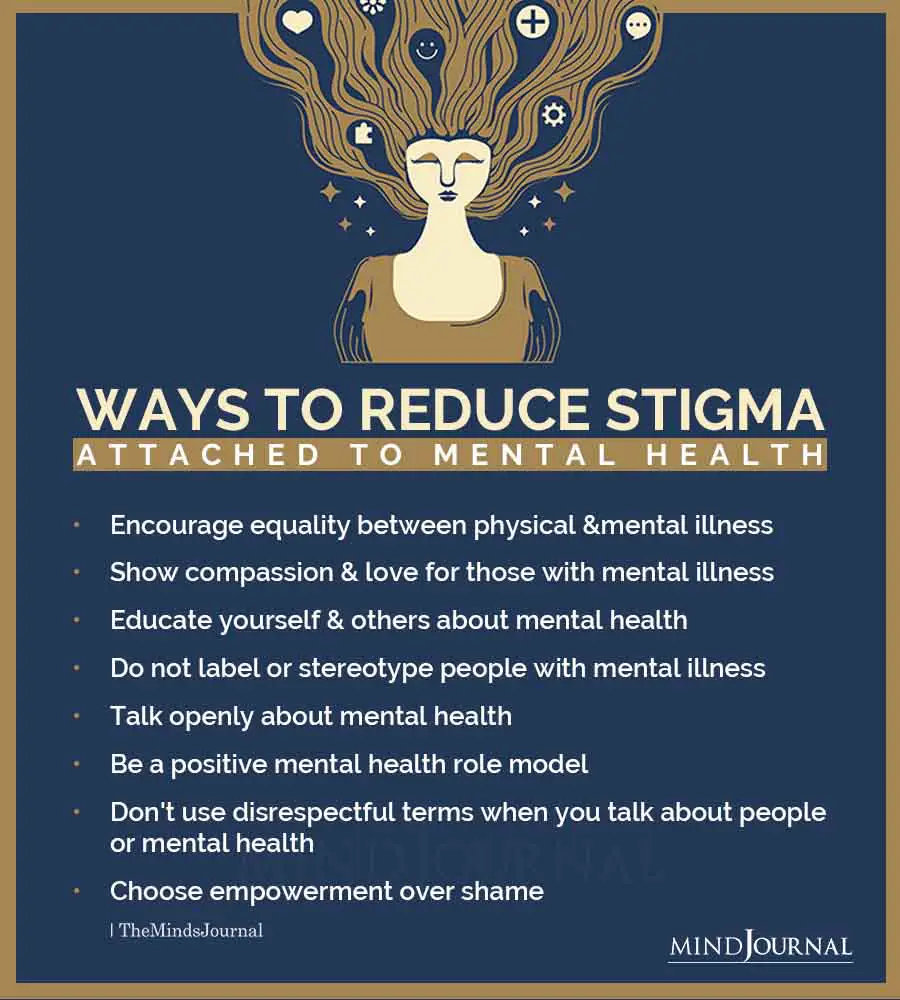
With friends, it was easier to break the news. They seemed to know more about bipolar disorder and were supportive of my getting well and staying on a medication regimen. But all hell broke loose when medication didn’t manage my illness and I opted for the last resort, electroshock therapy (ECT).
My friends now had not just a mentally ill friend but a severely mentally ill friend who had to be hospitalized and shocked to maintain an even keel. This was too much for some to handle, and those people simply disappeared. Nobody seemed to want a friend who was now officially a psychiatric patient and, after electroshock, an almost certain zombie.
In fact, everybody seemed frightened of me, including my neighbors, my landlord, and shopkeepers who I had known for years.
They all looked at me funny and tried to avoid making eye contact with me. I, however, was extremely up-front. I told them all about my illness and was able to explain my symptoms as well as my treatment to them. “Have faith, one day I’m going to be just fine,” I seemed to cry out inside. “I’m still the same Andy. I’ve just slipped a bit.”
Related: The Shamanic View of Mental Illness
As there weren’t many who knew much about my mental illness, a lot of people had the attitude that I had the capability to “kick it” and get better instantly. This was the most frustrating attitude for me. My bipolar disorder was ravaging my life. But because nobody could see it, many people thought it was a figment of my imagination.
Soon I started thinking this too. But when the symptoms, including the racing thoughts, hallucinations, and sleepless nights were out of control, the fact that I had been diagnosed as being really ill was reassuring.
When I met the woman I was going to marry, I was upfront about my bipolar disorder. That was easy for several reasons. First, I had just written a memoir about my battle with bipolar disorder (one of the first written by a man), with which she was familiar, and second, her own mother’s life had been ravaged by mental illness. Her mother had taken her life the month before we met.
My bipolar disorder was not a factor in her deciding to marry me and to have two children with me nor was it a factor in our divorce, until it became a convenient excuse for our marital problems and her concerns later about my being a father, both of which were proven to be unfounded. Oddly, stigma kicked me in the ass again.
When I was ready to get well and had enlisted as much help as possible from family and friends, I started viewing my illness like it was cancer eating away at me and I fought back. I dealt with it like it was any physical illness. I followed a medication regimen, as well as my doctor’s orders, worked tirelessly with my therapist, and just tried not to pay attention to others’ ignorant opinions about my illness. But mostly, I fought it alone, one day at a time, and I eventually won the battle.
Today, my bipolar disorder has been stabilized for almost fifteen years, but I remain vigilant about it, I know what can set off my mania and I also live knowing that it lurks behind every corner. It’s this vigilance that keeps my bipolar disorder in check and it’s me sharing my illness with friends, families and so many other people which keeps it “locked up.”
The people who love you will not only understand your mental illness but if you’re lucky, will join you in everything you need to do to cope and manage with it on a daily basis.
Written by Andy Behrman Originally appeared on The Goodmen Project
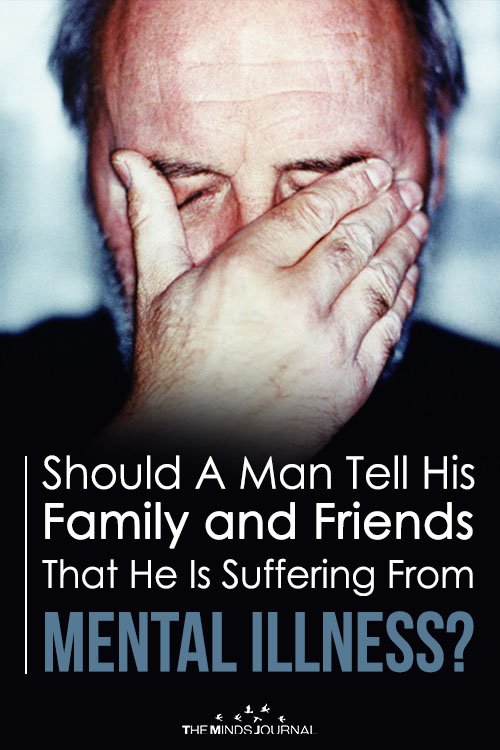
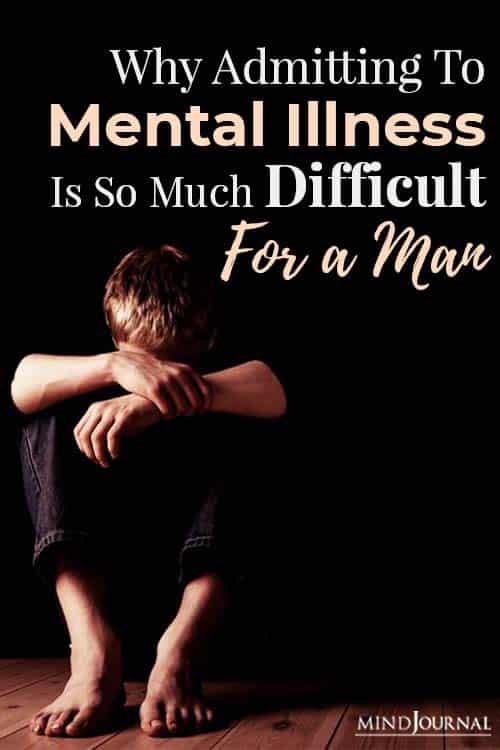
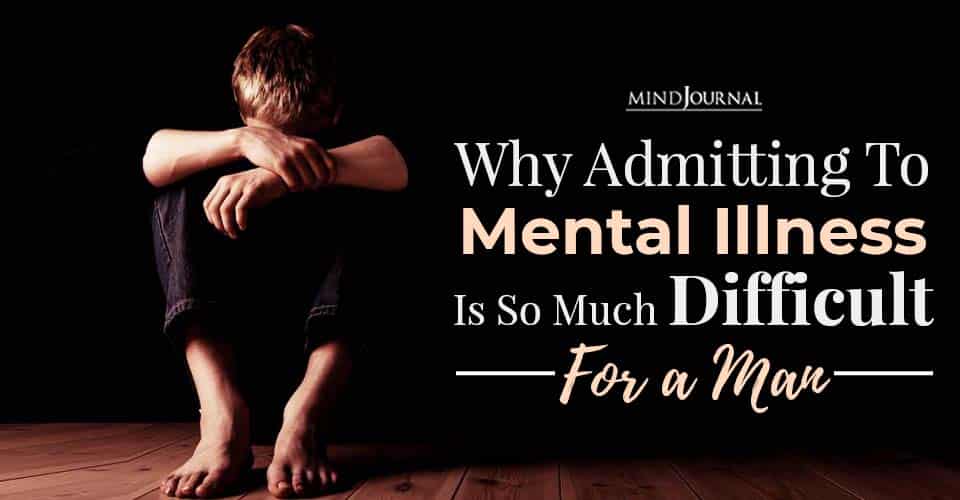

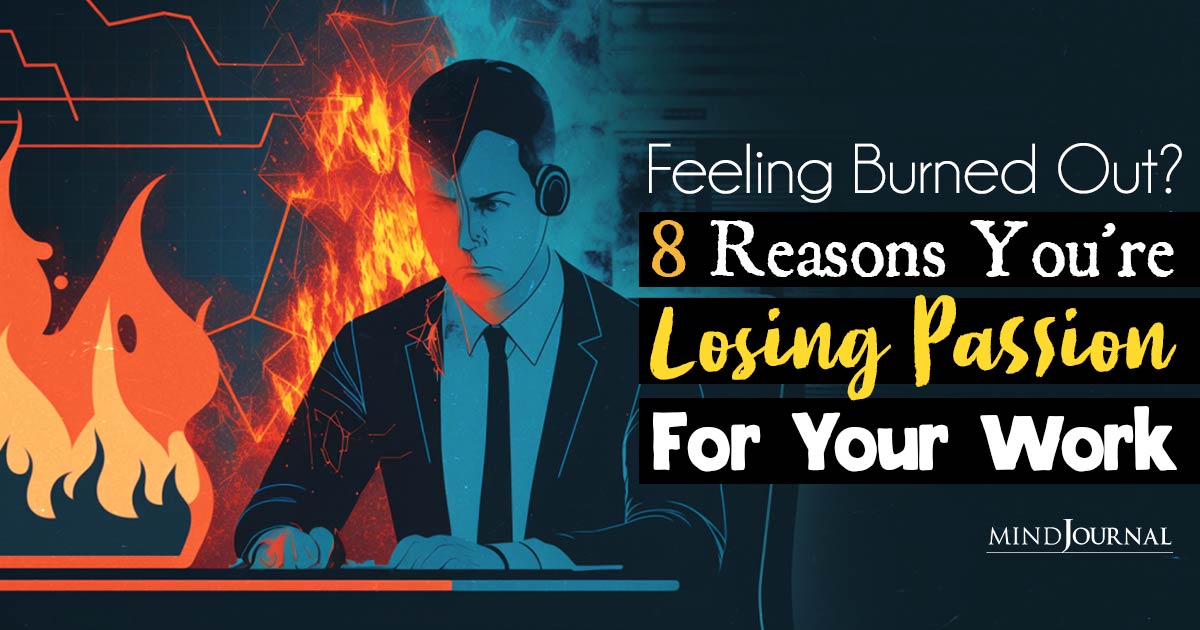

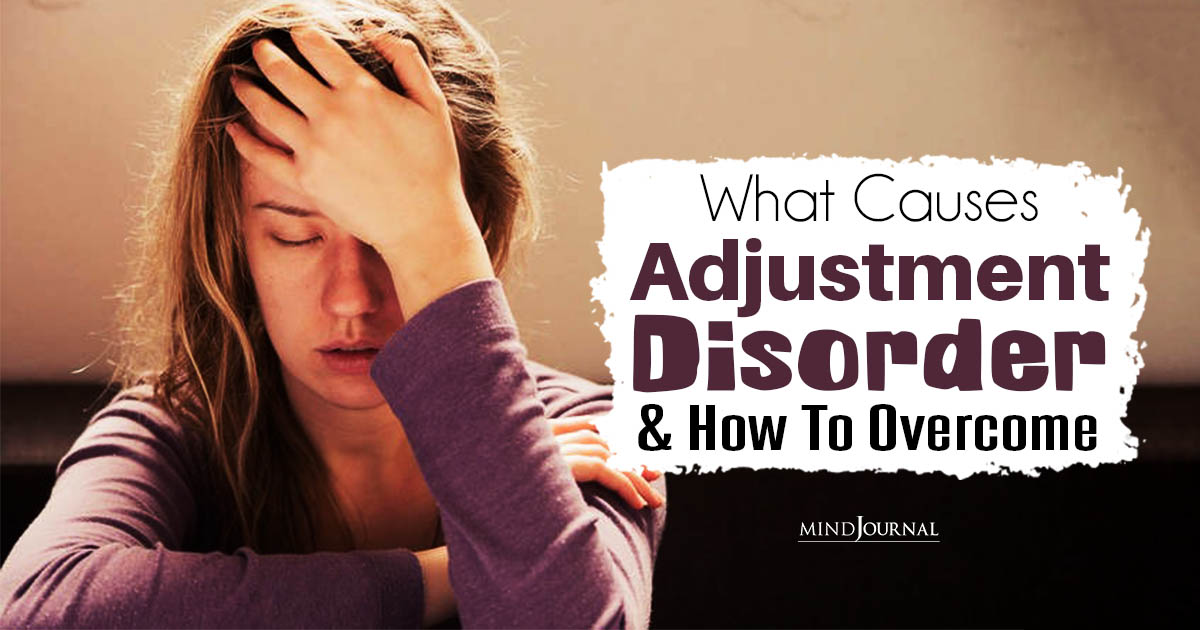

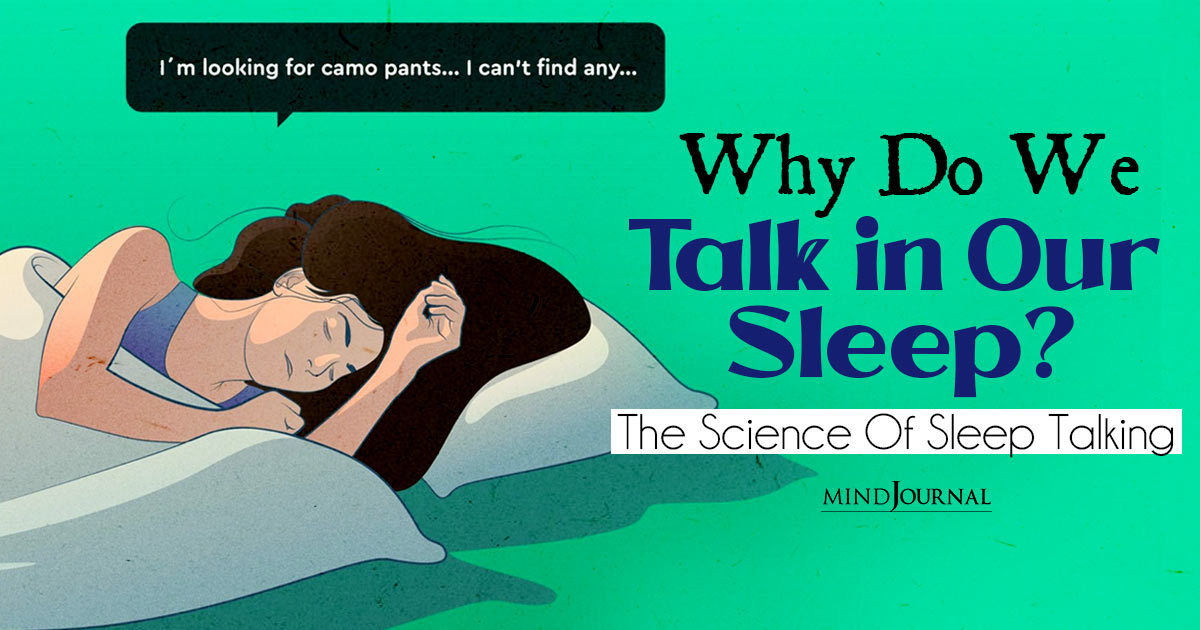
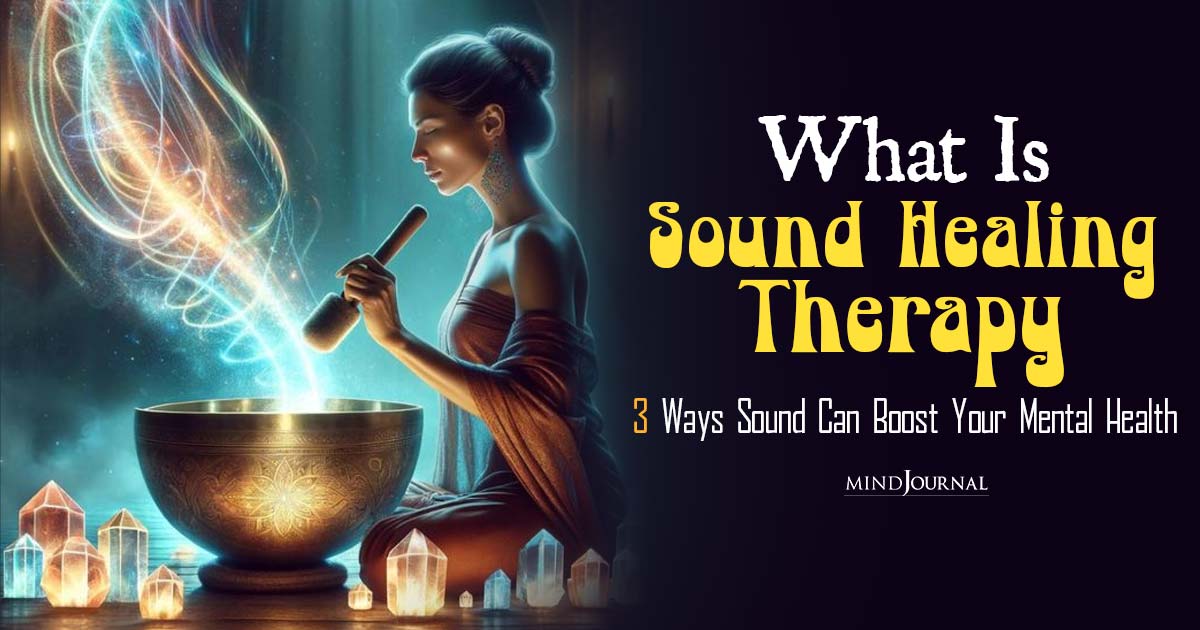
Leave a Reply
You must be logged in to post a comment.